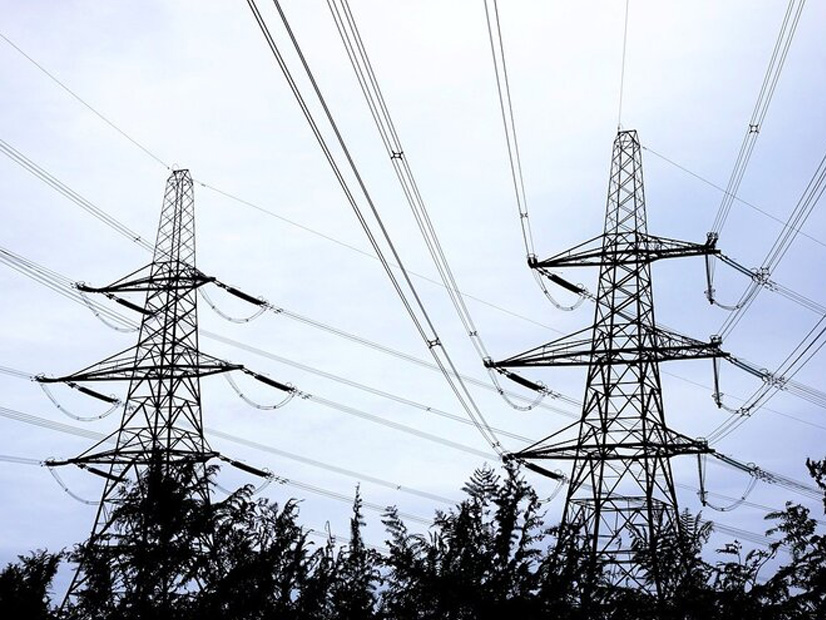Tx Planning Tariff Changes Approved
ISO-NE stakeholders Thursday approved tariff changes that incorporate a new transmission planning process focused beyond the RTO’s current 10-year planning horizon.
The revisions, which the NEPOOL Participants Committee passed unanimously with one abstention, are part of a multiphase effort. The initial phase establishes the rules to enable the New England States Committee on Electricity (NESCOE) to request that the RTO perform longer-term, scenario-based transmission planning studies on a routine basis.
The present processes do not support state-requested transmission analysis based on state-developed scenarios, inputs and assumptions. The new approach includes the development of high-level transmission concepts and cost estimates, if requested, to meet the state-identified requirements.
The second phase, to begin in early 2022, will address the rules to enable NESCOE to consider potential options for addressing the identified issues and cost allocation for associated transmission improvements.
2021-2022 Winter Outlook
ISO-NE COO Vamsi Chadalavada presented the region’s 2021-2022 winter outlook during his monthly report, with the 50/50 and 90/10 winter peak demand forecasts both lower than last winter’s.
The 50/50 forecast of 19,710 MW is 456 MW (2.3%) lower, while the 90/10 forecast of 20,349 MW is 2.2% lower (457 MW). Chadalavada said that if this winter is similar to the last, the RTO anticipates reliable power system operation without the need for emergency procedures. It is assuming no significant generation or transmission outages and limited fuel replenishment in this profile.
Energy Market Value Falls
Chadalavada added that ISO-NE’s energy market value for last month (through Nov. 22) was $375 million, down $185 million from October but up $130 million from last November.
Natural gas prices were 6.1% higher than in October, while gas prices and LMPs were up 154% and 112%, respectively, over the same period last year. Average day-ahead cleared physical energy during the peak hours as a percentage of the forecasted load was 98.6% during November, down from 99% during October, with the minimum value for the month of 93.9% posted Nov. 22.
Daily uplift, or net commitment period compensation (NCPC) payments, in November totaled $2.5 million, down $1 million from October, though $600,000 higher from November 2020. NCPC payments were 0.7% of the energy market value.
Two projects totaling 213 MW were added to the interconnection queue since Chadalavada’s last update. They consist of one battery project and one solar project, and each has in-service dates of 2024. In total, 300 generation projects are currently being tracked by the RTO, totaling approximately 31,947 MW.
2022 Budget
The PC unanimously approved — with abstentions — a 2022 budget of $6,587,000 for NEPOOL, up more than $350,000 from 2021’s spending plan. However, NEPOOL expects to spend $5,974,600 by the end of this year, $246,000 less than the 2021 approved budget.
The decrease mostly comes from declining committee meeting expenses amid the COVID-19 pandemic, as all gatherings were virtual events until October. Budget increases for 2022 include an increase in committee meeting expenses to $725,000, up from an approved figure of $510,000 in 2021 and 10 times the current forecast of $75,000.
Cavanaugh Re-elected Chair
PC Chair David Cavanaugh, vice president of regulatory and market affairs for Energy New England, was re-elected for 2022. Vice chairs were also re-elected include Tina Belew of the Massachusetts Attorney General’s Office; Frank Ettori, Vermont Electric Power Co.; and Michelle Gardner, NextEra Energy. Sarah Bresolin of ENGIE North America and Aleks Mitreski of Brookfield Renewable Energy Group were also elected vice chairs.

